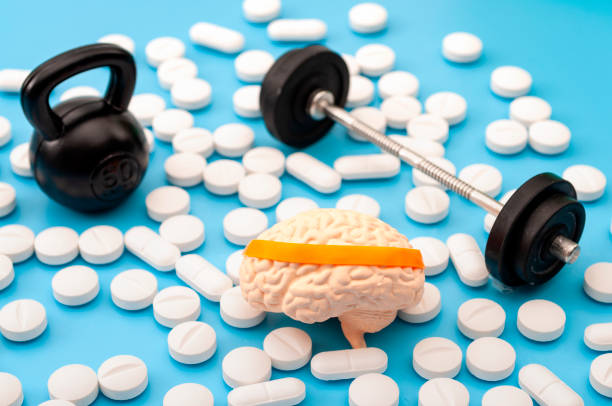Age-Specific Nutrient Priorities: From Adolescence to Older Adults
Nutrient needs change across life stages. This article outlines priority micronutrients, common deficiency risks, and practical considerations for adolescents, adults, prenatal care, athletes, plant-based eaters, and older adults to support overall wellness and metabolic health.

Across life stages, nutrition priorities shift as growth, reproductive needs, activity level, and aging alter nutrient demands. Adolescence requires building blocks for growth; prenatal periods increase requirements for certain micronutrients; athletes may need targeted support for performance and recovery; older adults often face absorption and metabolism changes that influence dosing and bioavailability. This article reviews age-specific priorities, how supplements and testing can fit into a broader nutrition plan, and what to look for on labels to reduce the risk of deficiency.
This article is for informational purposes only and should not be considered medical advice. Please consult a qualified healthcare professional for personalized guidance and treatment.
Micronutrients in Adolescence
Adolescence is a period of rapid growth when micronutrients like iron, calcium, vitamin D, and certain B vitamins are especially important. Iron supports expanding blood volume and cognitive development; calcium and vitamin D contribute to peak bone mass. Balanced nutrition from whole foods is the first-line approach, while supplements may be considered when testing reveals deficiency. Labels and dosing should reflect age-appropriate recommendations and avoid excessive intake that could interfere with absorption of other minerals.
Minerals and growth for athletes
Active adolescents and adult athletes have higher demands for minerals such as magnesium, zinc, and iron, plus adequate energy and protein for repair. Hydration and electrolytes influence performance, and targeted supplementation can be helpful if dietary patterns or testing indicate gaps. Plantbased athletes should pay attention to iron and zinc bioavailability, as phytates reduce absorption. Periodic testing, working with a sports nutrition professional, and careful label review can help align supplementation with training and recovery goals.
Immunity, Antioxidants, and Plant-Based Diets
A varied diet supplies antioxidants and nutrients that support immunity, including vitamins C and E, selenium, and carotenoids. Plantbased diets can provide these nutrients but may require attention to vitamin B12, iron, and omega3 sources. Probiotics influence gut health and immune signaling, and their strains and colony-forming units are listed on labels, which matters for choosing a product. Rather than relying solely on supplements, focus on diverse whole foods; supplements can fill specific gaps when testing or symptoms indicate deficiency.
Absorption, Metabolism, Bioavailability
Absorption and metabolism change across the lifespan: stomach acid, enzyme activity, and gut microbiota affect nutrient uptake. Bioavailability differs between forms—some minerals and vitamins are better absorbed in particular chemical forms or when paired with certain foods (for example, vitamin C enhances non-heme iron absorption). Medications, chronic conditions, and age-related changes can reduce bioavailability, so testing and professional guidance can determine whether higher dosing or alternative formulations are appropriate.
Labels, Dosing, Testing for Supplements
When considering supplements, read labels for active ingredient form, amount per serving, and third-party testing or certification. Dosing should follow established dietary reference intakes or clinician recommendations to avoid both deficiency and excess. Testing—blood panels for iron, vitamin D, B12, and metabolic markers—helps tailor supplement choices and dosing. Look for transparent manufacturing practices and clear labeling about allergens, bioavailability, and expiration to make informed selections without relying on marketing claims.
Prenatal to Elderly: Specific Priorities
Prenatal nutrition emphasizes folate, iron, iodine, and appropriate omega3 (DHA) to support fetal development; dosing and product choice should be guided by prenatal testing and obstetric recommendations. In contrast, elderly individuals often need adjusted dosing for calcium, vitamin D, B12, and protein to support bone health and cognition while accounting for reduced absorption. Probiotics, omega3, and targeted mineral supplementation can support metabolic health and immunity across older ages. Regular testing and medication review help prevent interactions and manage deficiency risk.
As nutrient needs evolve through life, combining whole-food nutrition with targeted testing and careful supplement selection supports wellness without unnecessary risk. Prioritize testing when possible, review labels for bioavailable forms and accurate dosing, and adapt plans to activity level, dietary pattern, and life stage. Personalized guidance from qualified professionals ensures safe, evidence-aligned adjustments to nutrition and supplementation strategies.






